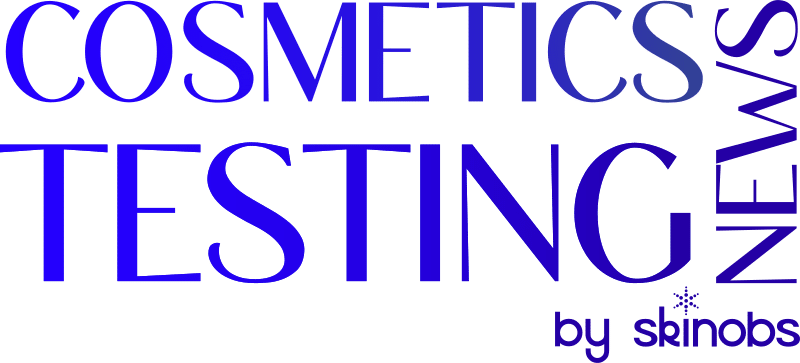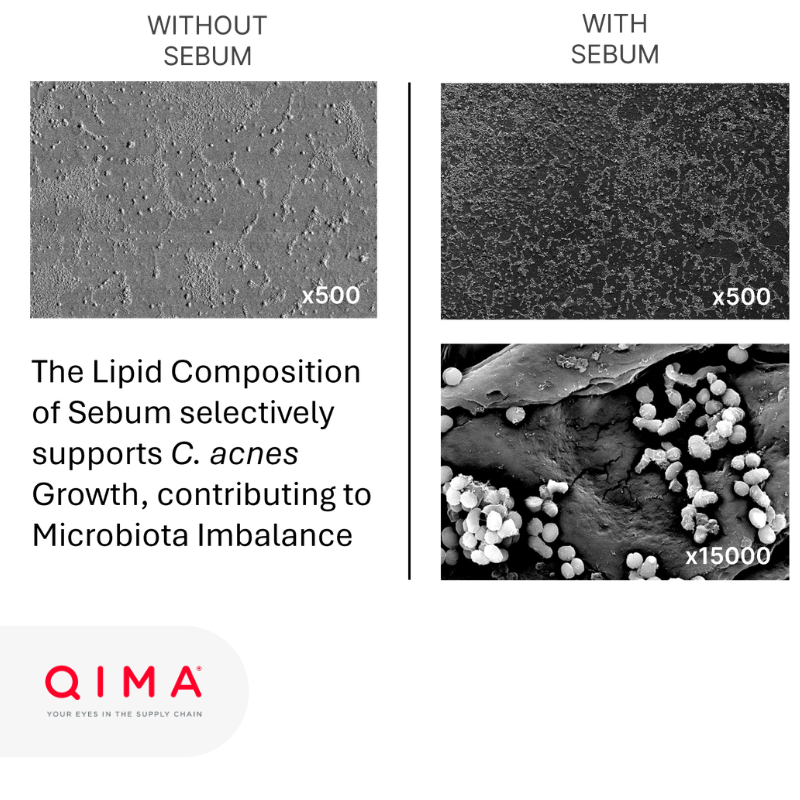Fields of application and clinical trials at a glance
The active ingredient cannabidiol (CBD) is extracted from the plant Cannabis sativa (hemp) and has found its way into numerous products in recent years. In 2021, naturally extracted cannabidiol was added to the European Commission’s CosIng database. It has since been considered an officially approved ingredient for cosmetics. This created the legal certainty manufacturers need to produce and market their products. According to the database, the ingredient is said to have skin conditioning, skin protecting, anti-oxidative and sebum-reducing effects.
Various studies have described positive effects in connection with acne, psoriasis, pruritus and other inflammatory skin diseases, as well as pain, anxiety or stress. The number of cosmetics, foods, dietary supplements and medicinal products/medical devices available on the market is increasing.
Due to the multiple applications in combination with the new legal situation, analysts expect a continued strong growth in the segment of CBD cosmetics. Our expert Gunja Springmann, Head of Consulting at proderm, lists the possible applications for topical products as follows:
- Inflammation of the skin
- Skin protection
- Pruritus / itching
- Pain sensation
- Aging
- Wound healing
- Alopecia / hair growth
- Pigmentation of skin and hair
- Antibacterial
- Oral hygiene
- Atopic dermatitis
- Allergic contact dermatitis
- Acne / Seborrhea
- Psoriasis
- Cutaneous lupus erythematosus
Clinical testing of the products must be geared to the desired effects. The approaches to clinical testing are therefore similarly diverse to the examples of applications described above. In the following, we would like to show possible testing approaches for selected applications.
CONTACT
Kiebitzweg 2
22869 Schenefeld / Hamburg
Germany






